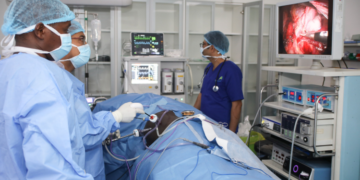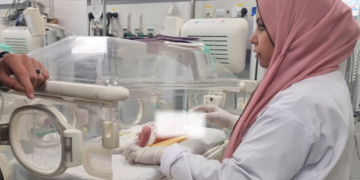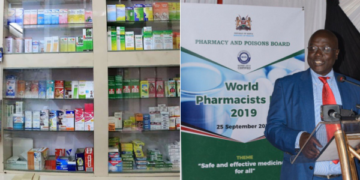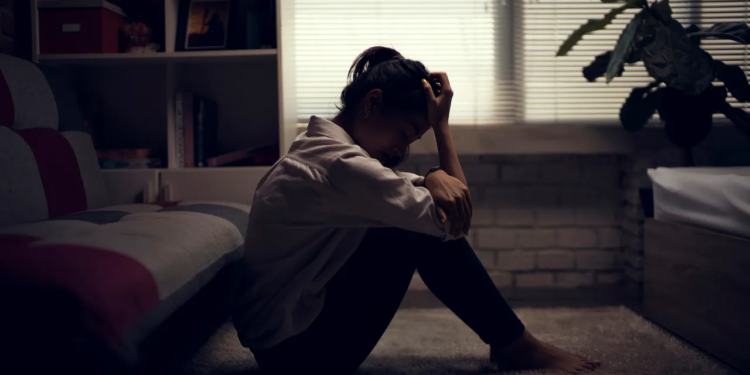Depression is a serious mental health condition that affects millions of people worldwide.
It is characterized by feelings of sadness, hopelessness, and a loss of interest or pleasure in activities that one used to enjoy. Depression can also cause physical symptoms such as fatigue, changes in appetite and sleep patterns, and difficulty concentrating.
There are different types of depression, including major depressive disorder, persistent depressive disorder, and bipolar disorder. The causes of depression can be complex and may include a combination of genetic, biological, environmental, and psychological factors.
Some common risk factors for depression include a family history of the disorder, certain medical conditions, and traumatic events. Additionally, certain life changes, such as a loss of a loved one, financial difficulties, or a relationship breakup, can also lead to depression.
When depressed, it can be difficult to know what to do or where to turn for help. However, there are several effective treatment options available. The most common forms of treatment for depression are psychotherapy, medication, or a combination of both.
Also Read: Is ADHD Overlooked?
Psychotherapy, also known as talk therapy, can help individuals with depression understand their thoughts and feelings, and develop coping strategies to manage them. Different types of psychotherapy can be effective for depression, including cognitive-behavioral therapy (CBT), which can help individuals change negative thought patterns, and interpersonal therapy (IPT), which can help individuals improve their relationships.
Medication, such as antidepressants, can also be effective in treating depression. Antidepressants work by altering the levels of certain chemicals in the brain, such as serotonin and norepinephrine, which can improve mood. It’s important to note that it may take some time for antidepressants to start working and that an individual may need to try a few different medications before finding one that works for them.
In addition to therapy and medication, there are also several lifestyle changes that can help individuals manage their depression. These include:
- Exercise: Regular physical activity can improve mood and reduce stress.
- Healthy eating: Eating a well-balanced diet can help improve mood and energy levels.
- Getting enough sleep: Aim for 7-8 hours of sleep per night.
- Managing stress: Learn to manage stress through relaxation techniques such as meditation, yoga, or deep breathing.
- Connecting with others: Connecting with friends, family, or support groups can help individuals feel less alone and provide a sense of community.
It’s important to remember that depression is a treatable condition and that help is available. If you or someone you know is experiencing symptoms of depression, it’s important to seek professional help. This can be done through a primary care physician, a mental health professional, or a support group.
In summary, depression is a serious mental health condition that affects millions of people worldwide. It’s characterized by feelings of sadness, hopelessness, and a loss of interest or pleasure in activities that one used to enjoy. Different types of depression exist and the causes can be complex and may include a combination of genetic, biological, environmental, and psychological factors. There are several effective treatment options available, including psychotherapy, medication, and lifestyle changes. If you or someone you know is experiencing symptoms of depression, it’s important to seek professional help.
















































































